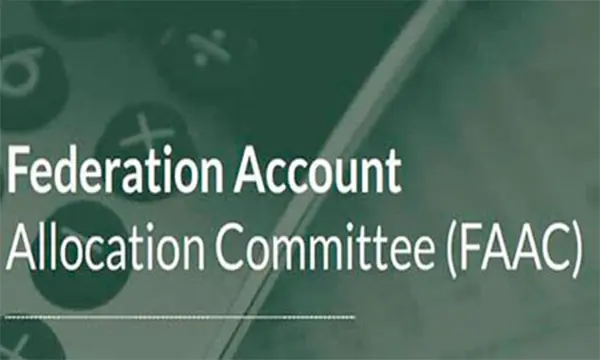At no other time in history has Nigeria’s fiscal federalism been exposed as unsustainable as since the outbreak of the coronavirus pandemic. Fallouts suggest the system can cripple the economy and should be urgently reviewed.
While States like Lagos, Ogun, Rivers, Edo, Kwara, Enugu and Kano generate reasonable IGR to meet their needs, the rest find that a daunting task. Some of the worst hit states are Bauchi, Yobe, Borno, Kebbi and Katsina. Others are Niger, Jigawa, Imo, Akwa Ibom, Ekiti, Osun, Adamawa, Taraba, and Ebonyi.
Nigeria’s earns 80 per cent of its revenue from crude oil and the proceeds, shared between the federal government, the federating units and local governments in the ratio 5:3:2. But since the outbreak of the coronavirus pandemic, oil revenue has thinned considerably, leaving less to be distributed to the tiers of government. The situation has left most states desperate as their Internally Generated Revenues (IGR) can hardly scratch their running costs. This desperation has seen them, with the lead of the federal government, dip into money from a buffer fund, Nigeria Sovereign Investment Agency (NSIA), our version of sovereign wealth fund; state administrators are further advocating sharing monies from pension funds and revenues accruing to the Nigeria Liquified Natural Gas Company (NLNG), a well-run public private partnership owned 49 percent by the federal government through the Nigerian National Petroleum Corporation (NNPC).
Disbursements from the Federal Accounts Allocation Committee (FAAC) is shrinking monthly , just before fallouts from oil supply glut in the international market that caused the oil price curve to turn negative in late March of 2021. The situation presupposes that the FAAC will have much less to share to the various tiers of government especially as the economy is facing galloping inflation and the global economy faces imminent recession. The projection is that federal revenue would drop by 90 per cent and FAAC would also drop by 60 per cent.
Given this bleak scenario on oil, federating units should read the handwriting on the wall and work towards weaning themselves from dependence on the centre. The fact that they are unable to fend for themselves is ironic given the abundance of natural and intellectual resources in their spheres. They should begin to harness these assets to boost Internally Generated Revenue (IGR) and, by extension, buoy the national economy.
Borno for example is known to have deposits of Barites, Gypsum, Kaolin and Marble. Yobe, a much younger state is conducive for agriculture with products such as gum arabic , groundnuts, beans and cotton apart from teeming with fish. There are even mineral deposits of gypsum, kaolin, and quatz.
Without enumerating further, Nigeria is said to have every mineral resource under the sun spread all over the states, waiting to be exploited so there is no reason for these states to languish in penury. That apart, Nigeria has percent arable land, that’s practically, all parts of the country. This practically makes ours an agrarian economy. So the the fact that most states are in beggarly indicate how visionless they are if not lazy. It is indeed a sad commentary on our collective ability to rise from a state of want. It really beats logic to be so endowed and yet so poor.
Indeed, fiscal federalism needs a rethink going forward.it is a constitutional matter that should grab the interest of the National Assembly. It is time to chart a new course for our economy on the fiscal side. Even if there’s no political will to get this done, the reality on the ground would force the change.





